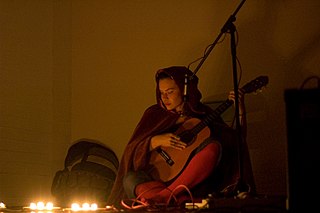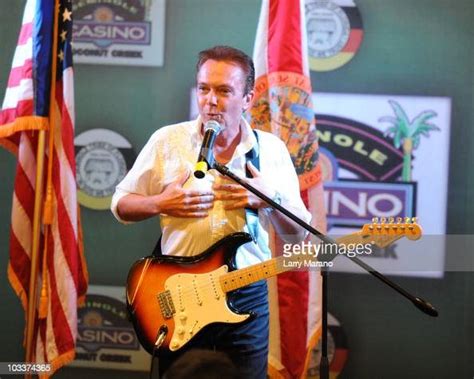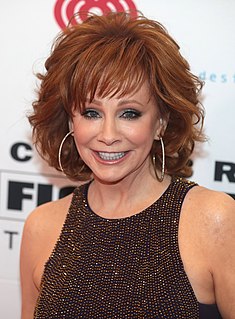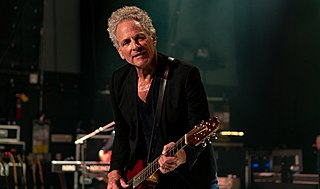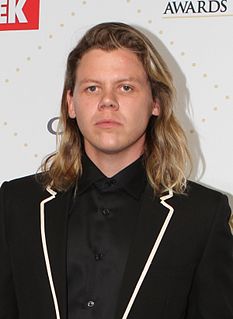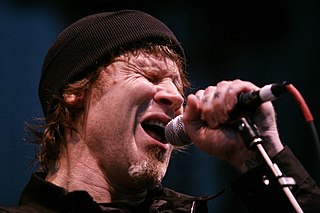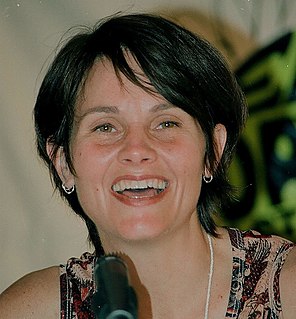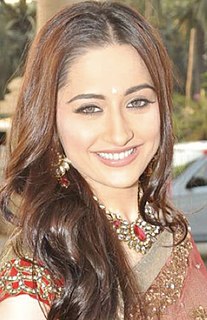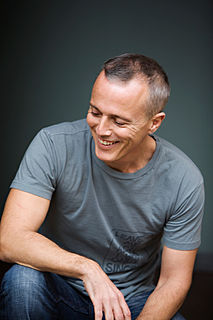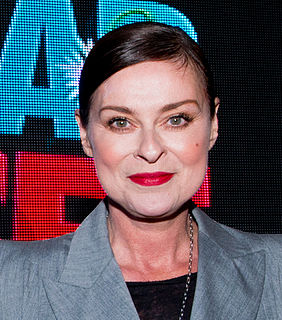A Quote by Craig David
I love songs, so when you're song-based, it doesn't matter which way the production leans.
Quote Topics
Related Quotes
All you gotta do is think of the song in your head. And it doesn't matter whether you can play it or not, you can get somebody to play it. With songs I've written, there's a song called "The Statue", which I can't play. There are songs that I've written that I've actually just hummed on - there's a song on one of the albums they have there on the Internet called "My Love Was True" and it's almost operatic. I can't play it. But I can sing it.
it's about a love song to myself, and a love song to the universe, kind of like the way that Song of Solomon consists of love songs to God or like the way Sufi poems are erotic love songs to God, I kind of wanted something like that. Because I was getting to know myself more deeply at this point. I've always been on this track where I wanted to be enlightened.
Often for me, if I hear a song I know, it clicks for me and I hear it in a different way and I think, "I could sing that song. I've got something to say about that song. Wanting to connect with an audience and wanting them to rethink songs; it is actually important to do songs they're familiar with. Also, I love those songs. In a way, I think I've changed people's perceptions of what a cabaret show like this could be.
Besides my fast and slooow songs, I further divide my work into three main song types: the ballad or story song, the variation on a theme (saying the same thing over and over and over again) song, and the weird song. It's important to have weird songs, but I find that a little weirdness goes a long way.
That's what is so great about being able to record a 13-song album. You can do a very eclectic group of songs. You do have some almost pop songs in there, but you do have your traditional country, story songs. You have your ballads, your happy songs, your sad songs, your love songs, and your feisty songs.
Songs give you incredible opportunity to convey a tremendous amount in a relatively short period of time. The first thing that John Powell, our composer, says is, "Is the song engaging you to tap your toe?" If you're not tapping your toe, it doesn't matter what you're doing in the song, it's not going to work. But, if you can get the audience to be engaged by the song, then it gives you the opportunity to accomplish so much, in a very concise way.


